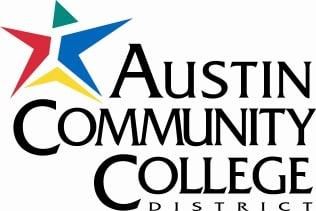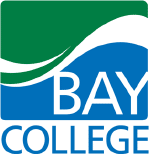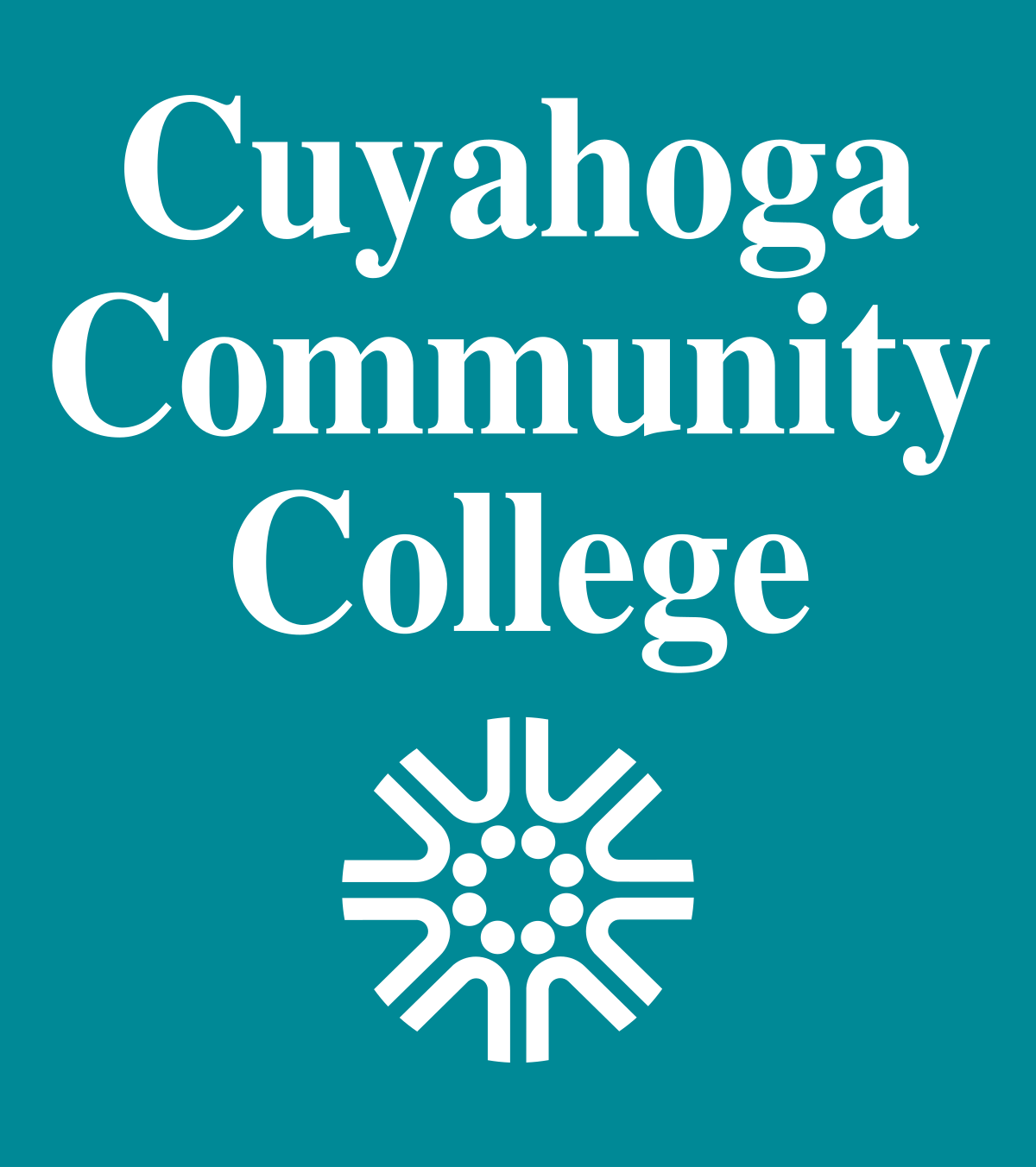In an effort to address the critical shortage of nurses in the U.S. and to increase racial and gender equity in the health care field, in 2022 Achieving the Dream launched the Accelerating and Diversifying Nursing Pathways initiative with support from the Brave of Heart Fund.
The Nursing Pathways initiative supports community colleges that are creating stronger pathways to employment equity for BIPOC and first-generation students in nursing programs by increasing enrollment, completion, licensure, and careers that lead to social and economic mobility.
Early Takeaways
The 10 institutions participating in the Nursing Pathways initiative are just over halfway into the two-and-a-half year grant period — and making significant progress.
Each college is implementing evidence-based, high-impact approaches to increase access, retention, and completion to meet urgent workforce demand; using data to identify and provide focused student supports; and dismantling barriers that have prevented equitable outcomes for all nursing students. These approaches include:
- Building accelerated pathways from high school to college
- Strengthening pathways from licensed practical nurse (LPN) to registered nurse (RN) programs
- Introducing part-time programs that increase flexibility and reduce financial pressure
- Using technology to increase support for students and improve course success
- Implementing policies that recognize and value relevant prior experience
Strategies are designed so students can “see themselves” in a nursing career. College teams are working to foster a greater sense of belonging through engagement with nursing professionals, mentoring services, and innovative supports and incentives. Many of these strategies focus on the early student journey to build momentum that is predictive of longer-term retention and completion.
Colleges are demonstrating the key role strategic community partners play in expanding recruitment, securing clinical placements to support increased enrollment, providing coaches and mentors, identifying “learn and earn” employment opportunities, developing job sharing models that address nursing program staffing shortages, and sustaining the work that is underway.
Colleges in the initiative are also assessing their progress with an eye to continuous improvement and sharing their learning with the field. Based on early implementation, the cohort has identified several key factors to success:
- Senior-level commitment and resource allocation to align this work with overall student success priorities
- Willingness to interrogate structures, policies, practices, and mindsets
- Student-centered design and holistic supports
- Innovative thinking about community partnerships
- Maintaining a mix of early wins and longer-term implementation strategies
- Flexibility and adaptability combined with culture of continuous improvement
College Updates
Austin Community College (ACC) is increasing the number of diverse students admitted to its Associate Degree in Nursing (ADN) program to be more responsive to the needs of its community. The college is also supporting increased completion by providing additional academic, nonacademic, and basic needs supports, including child care. By expanding an existing partnership with a regional organization and increasing faculty capacity, ACC was able to welcome 20 additional students to its 2023 fall cohort.
“We are committed to sowing the seeds of justice, change, and equitable access to educational and professional opportunities.”
—
Bay College in Escanaba, Michigan, is focused on improving retention and success for BIPOC and first-generation nursing students and increasing representation of students from the local Indigenous community. The college hired an admissions co-advisor and expanded outreach and recruitment efforts at local high schools and colleges. An early alert system also helps to identify when focused and timely supports are most likely to be effective and allows staff to prioritize their efforts.
Community College of Philadelphia (CCP) is working to increase retention for BIPOC and first-generation nursing students through a comprehensive system of supports as well as incentives that recognize the intersectional strengths and needs of its students. These strategies include financial support for books and participation in an upper division research course, as well as tutoring, mentoring, workshops, leadership opportunities, and community building. The college is already seeing progress: Most of the applicants for fall 2023 identified as BIPOC and 80% were first-generation students.
Cuyahoga Community College (Tri-C) in Northeast Ohio is focused on fostering a sense of belonging for BIPOC students in the nursing program. Tri-C began by identifying evidence-based measures and interventions to support an inclusive learning environment and is now developing a playbook of high-impact practices to support student progression and completion.
Kingsborough Community College (KCC), a CUNY institution in Brooklyn, is adding capacity in its nursing program with innovative scheduling of clinical placements as well as the strategic addition of clinical simulations that augment traditional in-person experiences and support increased access and enrollment. KCC also developed an LPN-to-RN bridge program that will reduce time to completion and increased student supports.
Lorain County Community College (LCCC) in Ohio is establishing high-wage nursing pathways from high school to college to career, including a new Paramedic to ASN pathway. The college has increased staff capacity, introduced new equity-centered professional development for nursing faculty, strengthened K–12 partnerships, and added new opportunities for students to “earn and learn.” LCCC is committed to developing a “culture of caring” that helps first-generation and BIPOC students persist and complete.
“The culture of the nursing department is changing thanks to the professional development that the grant has offered the faculty to participate in. A sense of belonging has become the new theme of the department.”
—
Northern Essex Community College (NECC) in Massachusetts is focused on increasing enrollment, retention, and success for Latinx students. Thanks a significant increase in applications that resulted from a change in admissions policy, NECC plans to increase capacity in its LPN to AND program. The college has also increased clinical partnerships, developed a nursing transitions course to reduce completion time, made changes to faculty credentialing, and developed new processes to track interventions that will lead to a faster assessment turnaround.
Northern Virginia Community College (NOVA) in Annandale is updating and expanding its nursing curricula to create stronger pathways to health care careers for students. The college is also developing a robust mentorship program designed to support first-generation and BIPOC students in nursing programs.
Northeast Wisconsin Technical College (NWTC) in Green Bay opened a new AR/VR lab designed to provide exposure to five key clinical experiences, incorporating culturally diverse patient scenarios and supplementing student learning in key nursing courses outside of the classroom. To date, students have completed more than 11,000 learning hours. Course guides have also been updated to address competencies most challenging to students.
Pierce College in Washington State doubled enrollment in a new part-time LPN-to-RN program; it is now more popular than the full-time program. BIPOC student acceptance into the program increased by 10 percentage points to 50% and enrollment increased by 8 percentage points. The college also developed additional clinical placements with long-term care providers, community clinics, and local military bases and continues to develop strategic partnerships with employers to accommodate part-time students’ work schedules.
“A part-time LPN to RN program really is something special and needed in Washington. It is especially impactful for those BIPOC students who would otherwise never have been able to get their ADN degree due to supporting their families, working full-time jobs, and being single parents. The excitement, gratitude, and hope for their futures is palpable.”
—
This initiative is made possible by a grant from the Brave of Heart Fund and designed to address the shortage of nurses, particularly BIPOC nurses, and systemic inequities in nursing pathways. The Brave of Heart Fund was established by the Foundations of New York Life and Cigna, and administered by E4E Relief, to provide charitable grants and emotional support services to families of the frontline healthcare workers, volunteers, and support staff whose lives were lost in the fight against COVID-19. It continues to offer support via partnerships with nonprofit organizations aligned with the fund’s core purposes. To learn more, please review the Brave of Heart Fund impact summary.














